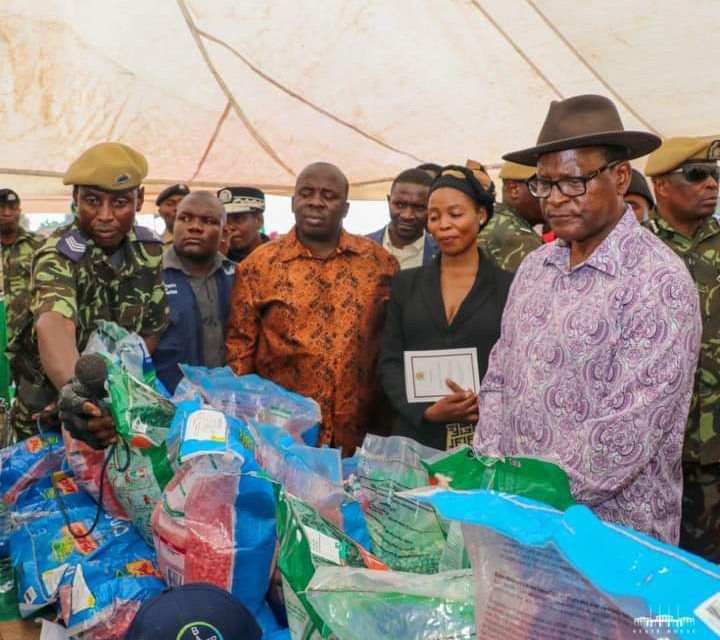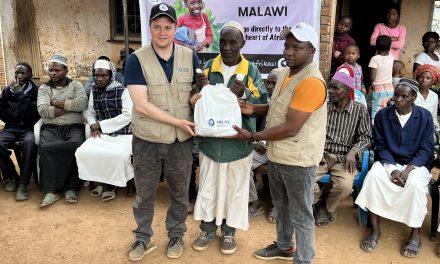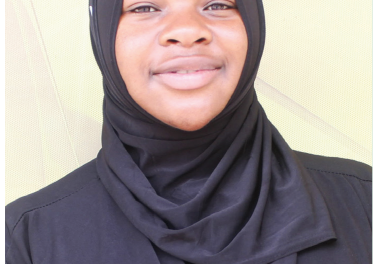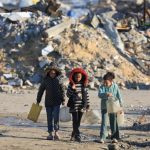
Experts Tip Government on AIP

Stakeholders and experts in various fields have expressed mixed reactions on the State of National Address (SONA) recently presented by President Lazarus Chakwera at the opening of the 2024– 2025, 50th Session of Parliament
budget meeting in Lilongwe.
In his address to the nation on 9th February 2024, titled “Taking Stock and Advantage of Our Progress in Achieving Economic Recovery and Resilience,” President Chakwera gave hope to Malawians, placing much emphasis on agriculture commercialization as an indispensable catalyst for wealth creation.
The Malawi leader said his administration has further mobilized 35 million Kwacha, or approximately 23 million US Dollars, to provide loans to farmers and agriculture commodity processors for wealth creation efforts.
Chakwera explained that these farms will be accessible through the Malawi Agriculture and Industrial Investment Cooperative and the National Economic Empowerment Fund (NEEF).
“If we are to create wealth for Malawians in the shortest possible period, the answer is agriculture commercialization, despite meeting hiccups in price increase the country still has produced enough maize to meet the minimum national maize requirement,” he said.
Chakwera further disclosed that meanwhile, in partnership with the World Bank, 372 productive alliances have already been established across the country, supporting more than 30 agriculture value chains.
President Chakwera added that his government plans to strengthen the Affordable Inputs Programme (AIP) by increasing the number of beneficiaries and enhance timeliness of interventions.
On energy, the Malawi leader said his administration intends to proceed with the installation of 16 mini-grids in some rural communities through the Malawi Electricity Access Project, saying feasibility studies for ten mini-grid sites have already been completed.
“Where wealth creation is concerned, energy generation for industry and economic operations is indispensable. The bottom line is that any government that cannot fix blackouts is bad for the economy,” explained Chakwera.
But speaking in an interview recently, agriculture expert Ronald Chilumpha advised government to start focusing
on value chain products that can fetch more forex and stop over relying on the Affordable Inputs Programme as
a way of achieving food security.
“Year in and year out, the government spends a lot of resources on AIP, but our farmers are still food insecure. This tells us that this programme is not sustainable,” he said.
In a separate interview, social commentator and economic expert Mike Makwiti said he is of the view that AIP should be abolished, saying it is not helping subsistence farmers to have enough food production despite the government pumping in more financial resources for the project.
“AIP is just a cash cow for some politicians in the country. Political leaders always use unscrupulous agents and buyers in order to siphon public funds meant for the poor,” he alleged.
Makwiti, however, commended the establishment of agriculture commercialization and farm cooperatives, describing them as viable and sustainable projects, saying that when fully bankrolled, the project will enable Malawi to combat food shortages and enhance the country’s export base.
































